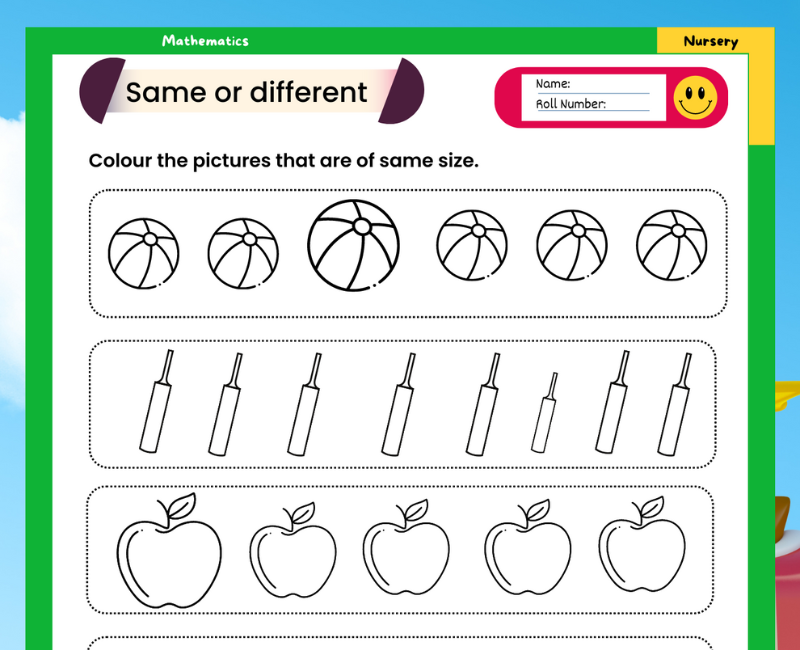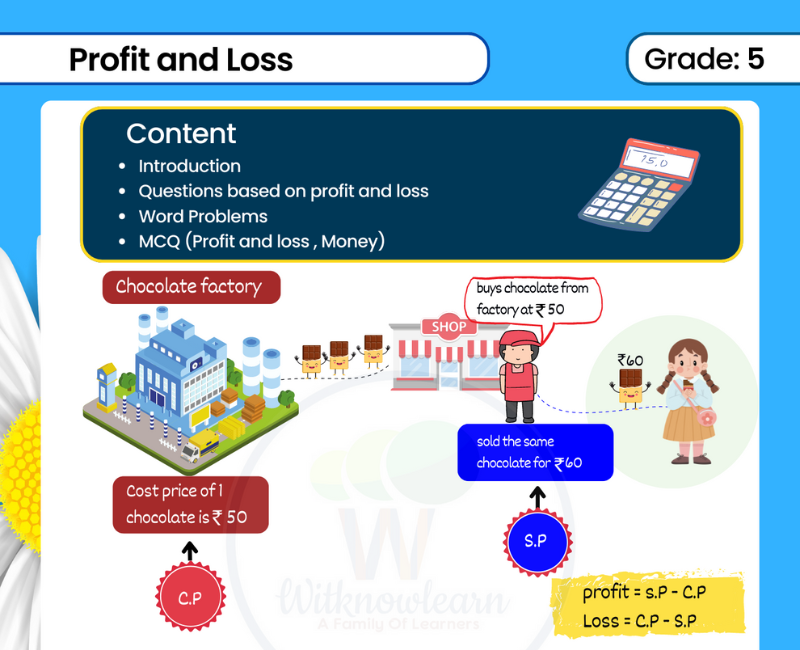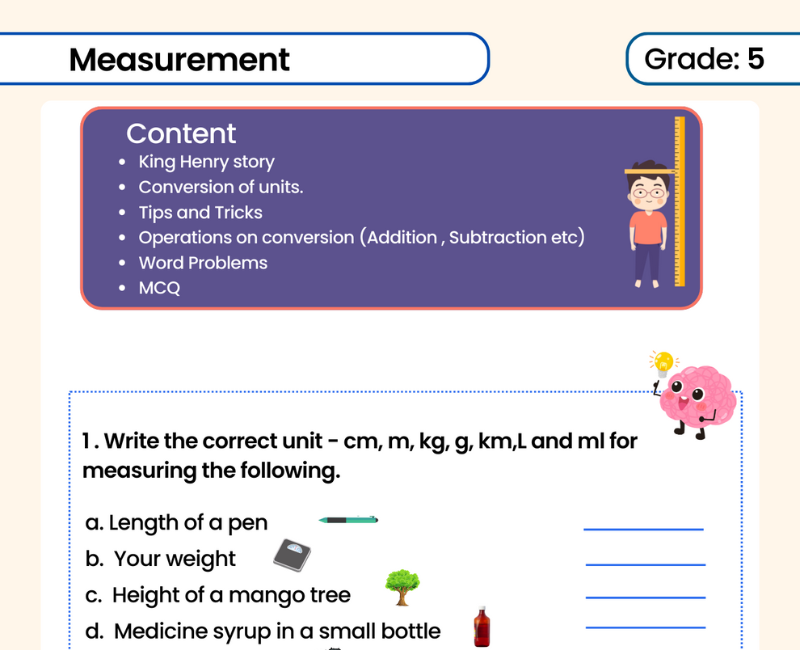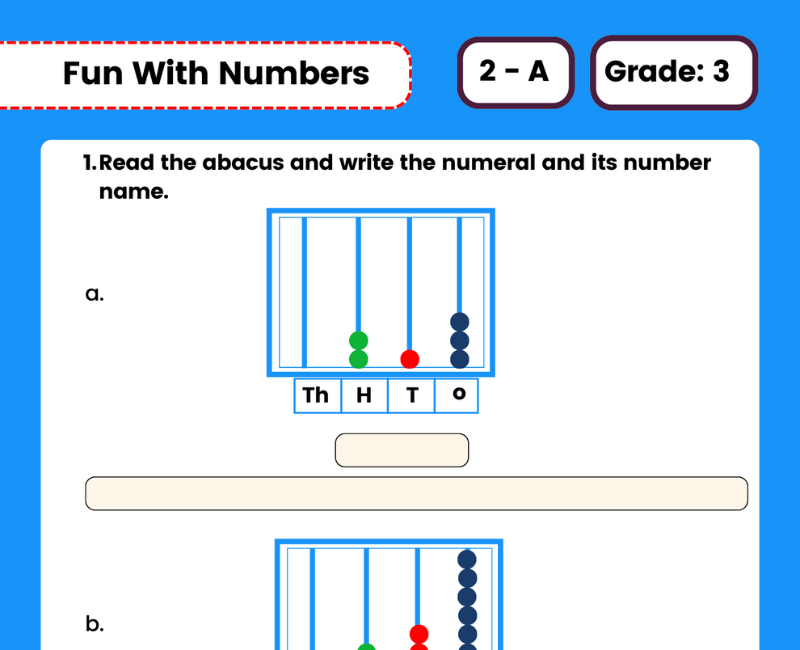Sensory Attentional and Perceptual Processes: Extra Question Answer
Are you a Class 11 student puzzled by the complexities of human perception and wondering how our senses work in unison with our brain? Or perhaps you're a parent or a teacher trying to help your child or students master this intriguing subject? Look no further! Chapter 4 of Class 11 Psychology is a must-read segment that unravels the fascinating world of sensory, attentional, and perceptual processes. This chapter is more than just an academic requirement; it's a gateway to understanding how we experience and interpret the world around us, making it essential for anyone interested in human behavior and cognitive processes.
When you dive into Class 11 sensory attentional and perceptual processes, you're embarking on a journey to explore the seamless operations that occur every millisecond within our brains. These processes define how we interact with our environment, filter information, and ultimately, how we perceive reality. Intrigued by how the brain decides what to focus on? The multimode theory of attention covered in this chapter will offer you deep insights. This theory is an eye-opener that reveals how our attention acts as a gatekeeper, selecting certain sensory inputs while ignoring others.
Let's face it, understanding these psychological processes can be complex, but the sensory attentional and perceptual processes class 11 notes simplify this information, making it accessible and easy to grasp. These notes are a treasure trove of information that aids in answering critical questions you might face in exams, particularly in the sensory attentional and perceptual processes question answer sections. Whether you are preparing for your CBSE exams or enriching your knowledge, this chapter is a cornerstone in Class 11 psychology.
Don't underestimate the power of this knowledge. Beyond exams, understanding the perceptual process in psychology has real-world applications that can make you more aware of human behavior, including your own. So, if you're ready to decode the fascinating world of human perception, Chapter 4 in Class 11 Psychology is your starting point!
When diving into the world of Class 11 Psychology, one of the critical chapters to focus on is Chapter 4, which deals with sensory, attentional, and perceptual processes. Understanding these processes is crucial for grasping how we interact with and interpret our environment. These topics are an essential component of Class 11 psychology and serve as the foundation for advanced psychological studies. So, whether you are a student or a teacher, paying attention to sensory attentional and perceptual processes class 11 notes is highly beneficial.
The sensory processes are the first steps in how we perceive the world around us. These involve how our sensory organs like eyes, ears, and skin gather information. Understanding the sensory processes can answer essential questions about our interaction with the environment. If you're focusing on Class 11 Psychology, then you would do well to also look at the sensory attentional and perceptual processes class 11 psychology notes, which offer in-depth insights into these topics.
Attentional processes come next. Attention acts as a filter for sensory information, helping us focus on what is most relevant or critical. You might have heard of the multimode theory of attention, which explains how people manage and prioritize their attention. This theory and others like it are part of the rich material covered in CBSE Class 11 psychology, particularly in Chapter 4. If you want to score well on your exams, pay attention to sensory attentional and perceptual processes MCQs and sensory attentional and perceptual processes question answer sections for practice.
Perceptual processes take it a step further by interpreting the information our senses and attention have gathered. What are perceptual cues? These are elements that help us perceive depth, distance, and orientation. The perceptual process in psychology is the final step that allows us to make sense of what we experience, and it's covered comprehensively in Chapter 4 of Class 11 psychology.
The chapter offers valuable resources like mind maps, which you can find in sensory attentional and perceptual processes class 11 mind map sections, and specific notes that cater to various learning styles. It’s also a good idea to regularly review your notes, including the perceptual process psychology portions, to reinforce your understanding and improve retention.
In summary, the sensory attentional and perceptual processes are vital topics within Class 11 Chapter 4 psychology. Whether you're a student looking to ace your exams or simply curious about the subject, a good understanding of these processes is invaluable. Be sure to consult your class 11 sensory attentional and perceptual processes notes and keep practicing with MCQs and question answer sections for a well-rounded grasp on these essential psychological processes.





